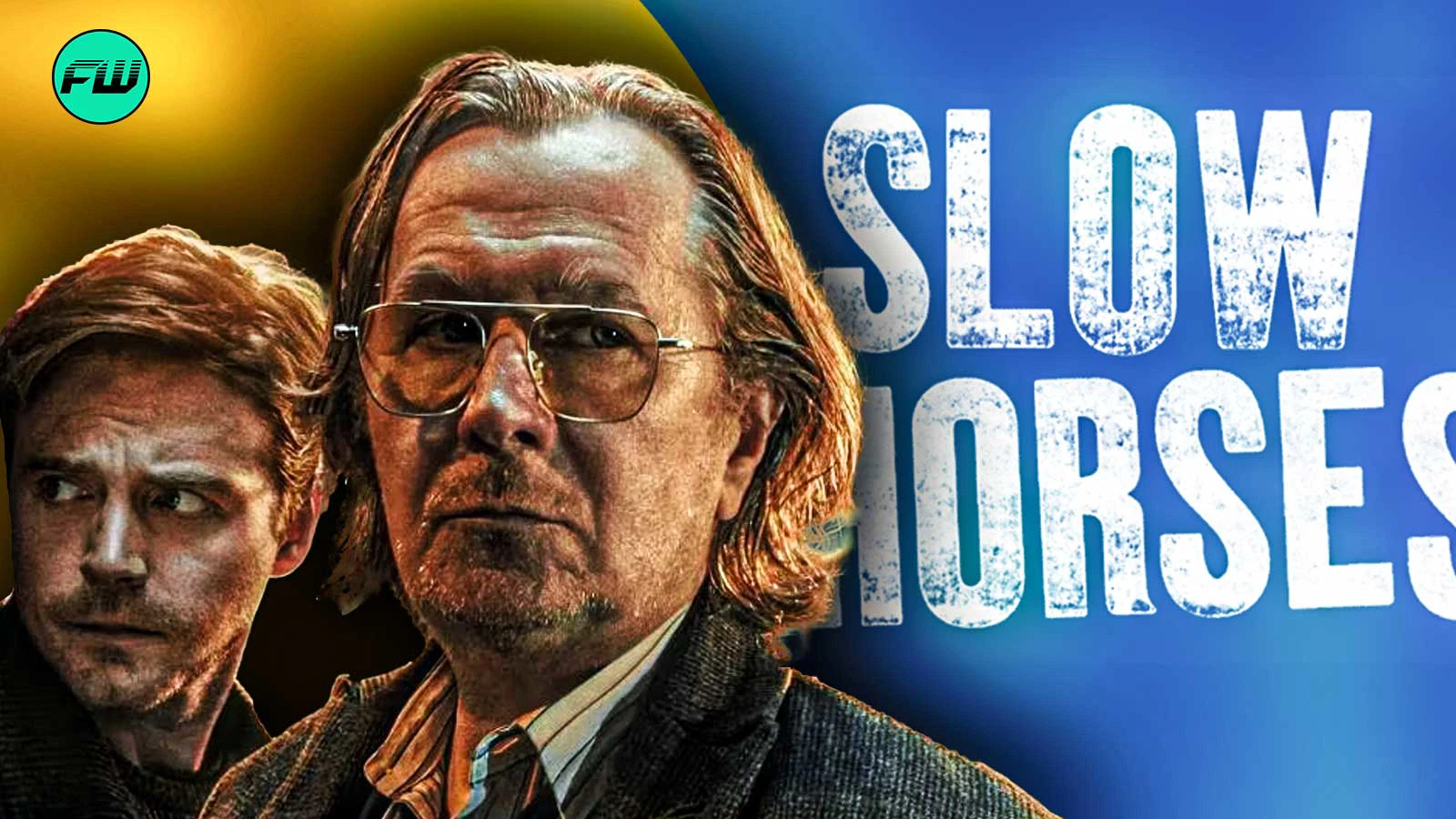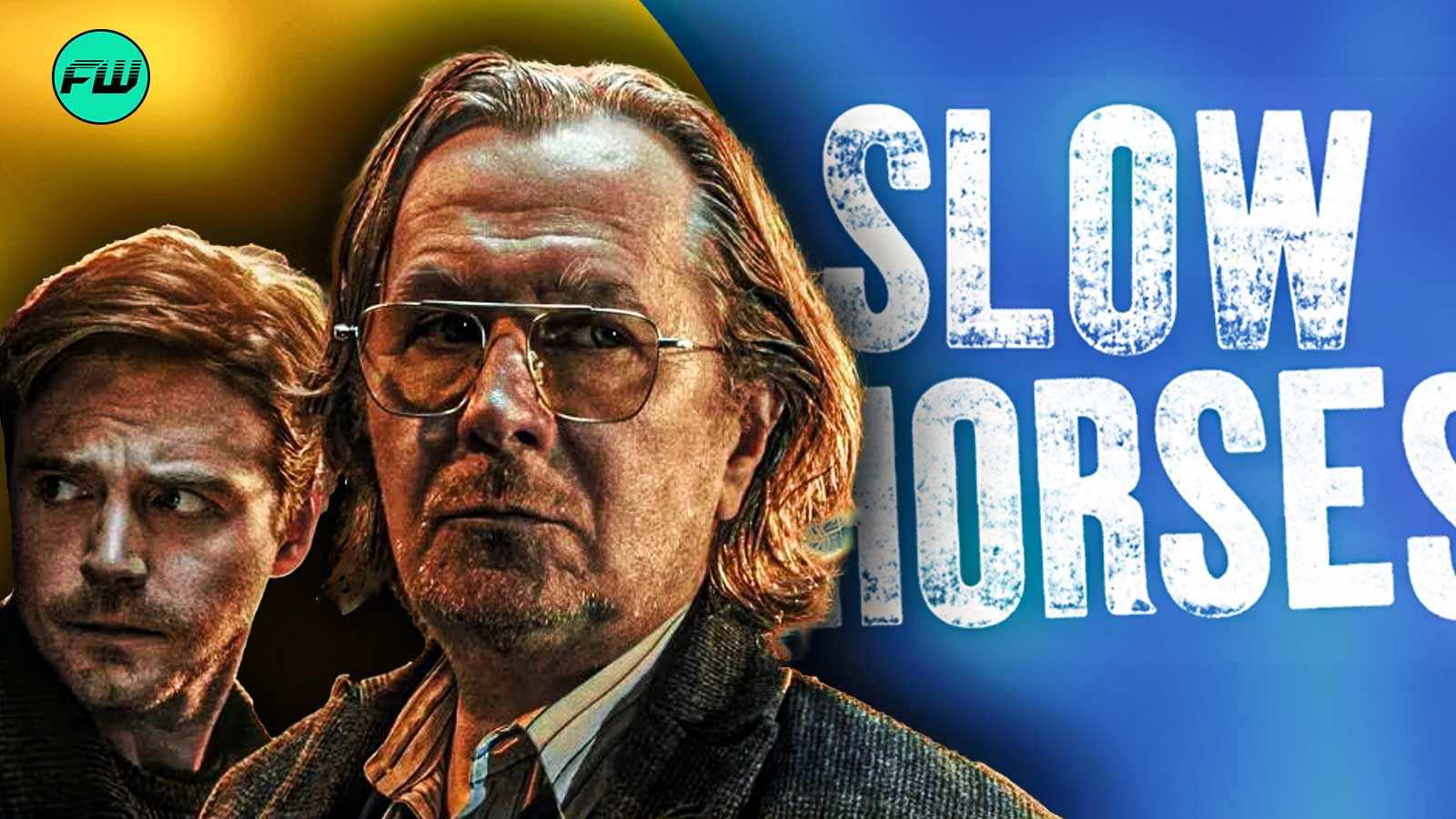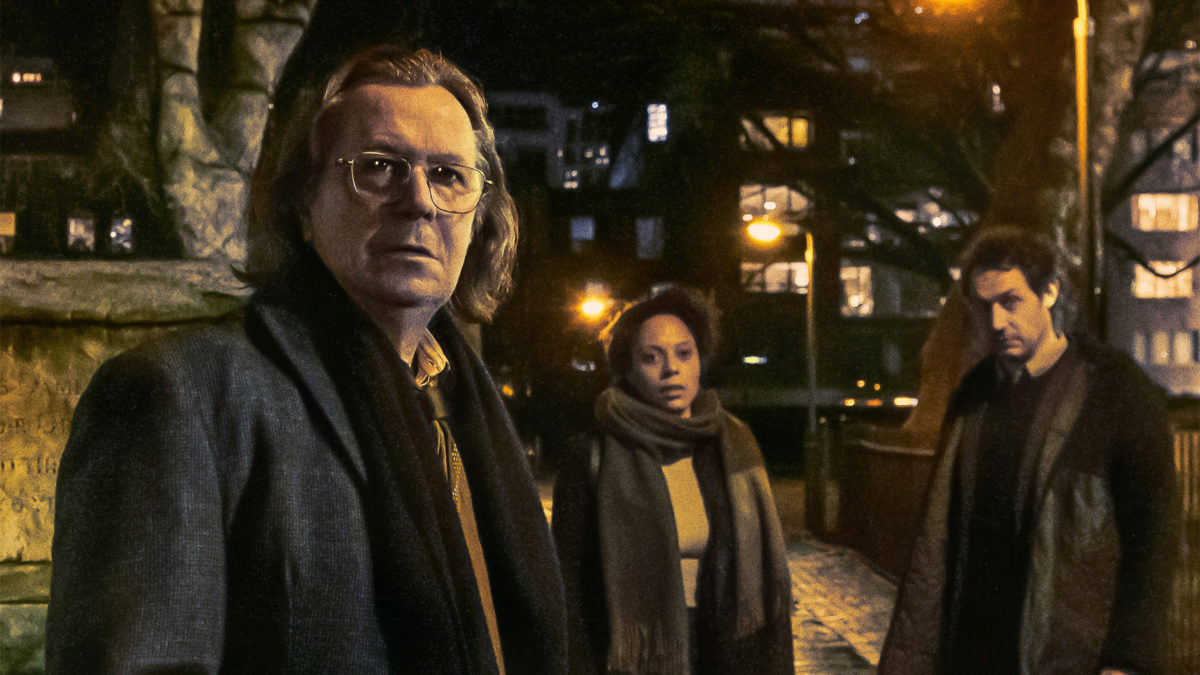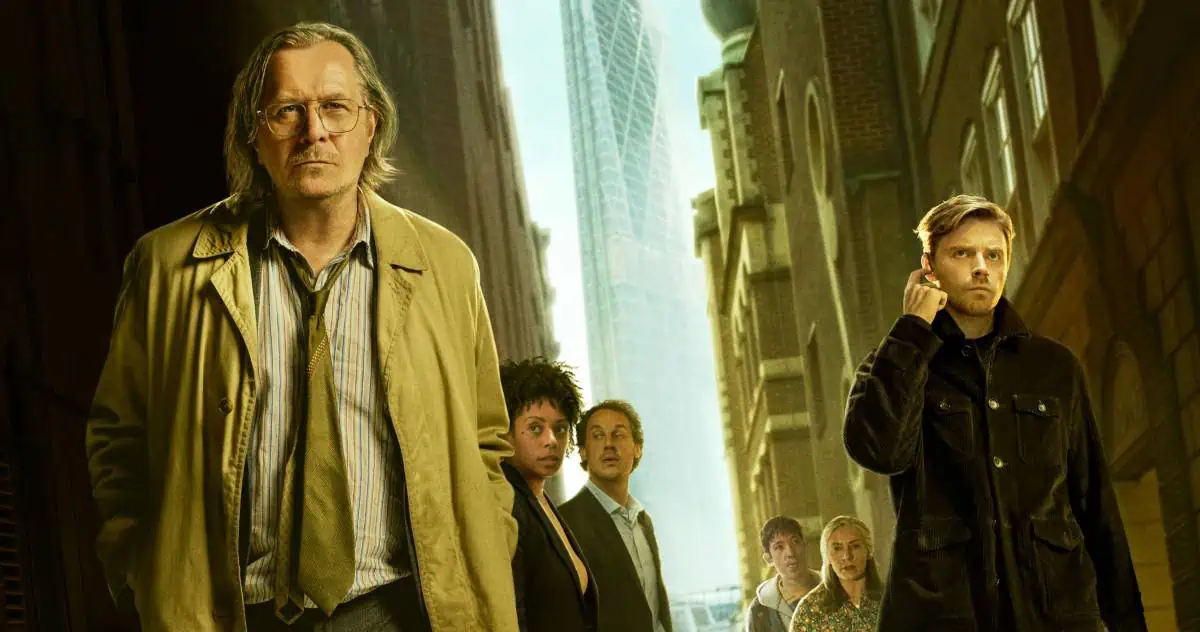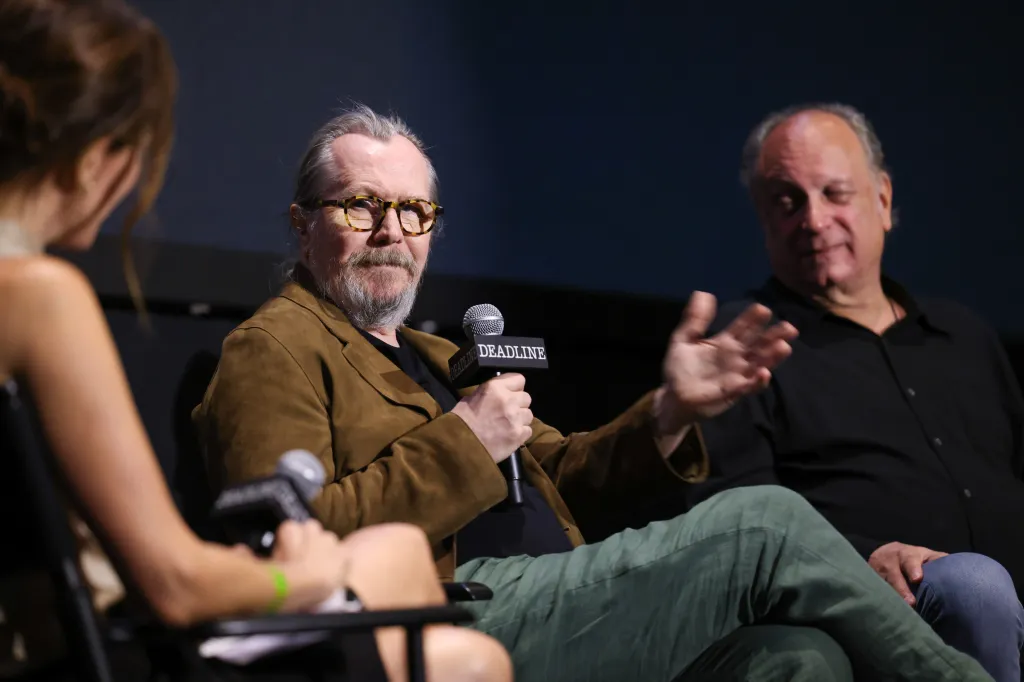The television series *Slow Horses* takes viewers into a world of espionage and deception where the “good, evil, and ugly” don’t just coexist but intertwine, creating a morally complex landscape. At Slough House, the “slow horses,” a group of MI5 agents relegated to this dead-end assignment due to mistakes and failures, grapple with a world where good and bad blur and where even their worst decisions can become vital for the greater good. This makes *Slow Horses* not only a spy thriller but a commentary on moral ambiguity, loyalty, and the need for unity against tyranny.
Central to the show is Jackson Lamb, the irresistible leader of Slough House, played by Gary Oldman. Lamb’s character embodies a raw and unpolished leadership style, and though he appears morally questionable and abrasive, he demonstrates an unwavering commitment to his team. The team is often forced to set aside personal grievances to stand up against corrupt forces within the intelligence community, emphasizing the importance of unity, even among the “ugly” and unglamorous.
The narrative often pits the “slow horses” against the polished, morally detached ranks of MI5’s upper echelons, represented by characters like Diana Taverner, the Deputy Director-General. Taverner’s character exemplifies the “evil” that comes from moral compromise in pursuit of national security. Her manipulative decisions contrast with Slough House’s rough-and-ready approach, highlighting the costs of ambition and the moral flexibility often seen at higher levels of power. The slow horses, though flawed, operate on a personal code that values loyalty and courage over hierarchy, often bringing out the “good” within each of them.
Through these characters, *Slow Horses* illustrates how opposing tyranny requires not just traditional heroism but resilience and an acceptance of personal flaws. As the team faces manipulative bureaucrats, rogue agents, and their own troubled pasts, they show that the fight for justice is often an “odd game,” where unity doesn’t come easily but is ultimately essential. In their struggle against internal corruption and external threats, the show reminds viewers that effective resistance against tyranny is grounded in solidarity among the imperfect.
The series is a reminder of the real-world complexity within power structures, where resisting authoritarianism means uniting with those who might otherwise be dismissed or marginalized. *Slow Horses* artfully balances dark humor and high-stakes drama to reveal how these agents, though they are outcasts, embody a unique brand of heroism. In the end, *Slow Horses* resonates with viewers because it shows that even those labeled as failures can make a difference—and that sometimes it’s the unlikely alliances that prove most powerful in the fight against oppression.
